-
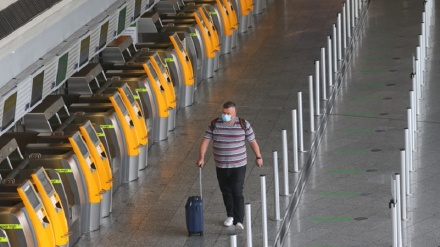
Covid-19 and tourism: Can domestic travel address tourism slump in emerging markets?
May 29, 2020 08:44The revival of domestic travel in emerging markets is being led by countries that have been comparatively successful in avoiding large-scale outbreaks of the coronavirus, and which rely on tourism for a significant portion of GDP. One such country is Vietnam, which by May 25 had limited COVID-19 cases to 326 and had not experienced a virus-related death. These results are remarkable considering Vietnam’s population of 97 million and its close geographical and economic ties with China.
-
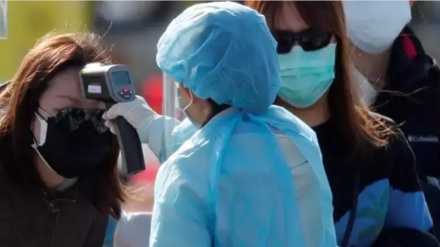
Stress, rumors, even violence: Virus fear goes viral
Feb 24, 2020 15:36You’ve probably got a better chance of winning a game than buying face masks in parts of Asia. Conferences have been disrupted from Beijing to Barcelona to Boston. Quarrels in Japan; riots in Ukraine. Rumors that napkins could be used as masks emptied East Asian store shelves of paper goods. Bernie Huang, a high school teacher in Taiwan said “Fear is a very strong emotion, and the prevailing fear over the new coronavirus drives people to do things irrationally without thinking straight.”
-
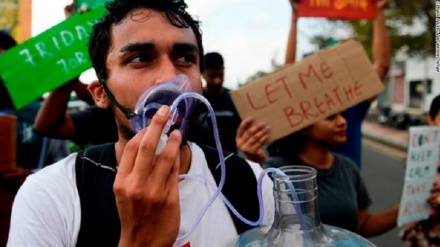
In Asia Pacific climate crisis is happening now, not in future
Dec 26, 2019 08:18Many big Asian cities, including Mumbai, Shanghai, Bangkok, and Jakarta, are coastal and low-lying, making them susceptible to sea level rise and other extreme weather events.
-
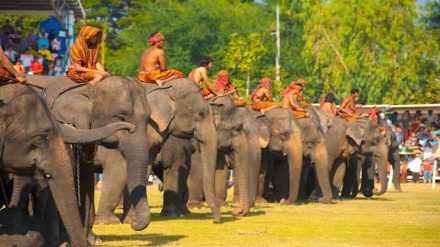
A golden opportunity to talk about elephants
Oct 15, 2019 22:21It’s Golden Week again, which means the cities of Southeast Asia are seeing an influx of tourists from China visiting iconic sites, buying souvenirs and tasting local delicacies.
-
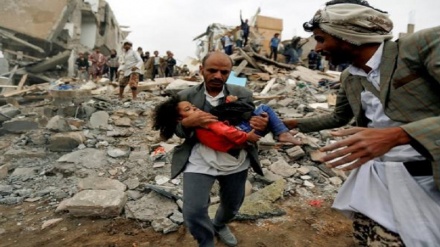
Starving and bombed children of Yemen seek entrapment in flooded Thai cave
Jul 17, 2018 16:27Why did the world’s corporate media highlight the flooded Thai cave story so graphically and why do so many ordinary people respond with such interest – meaning genuine emotional engagement – in this story?
-
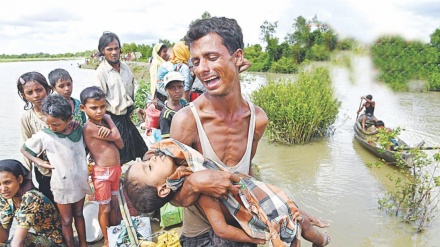
How the West is trying to recreate Myanmar’s crisis in Thailand
Oct 15, 2017 20:26The West, led by the US, which has plunged Myanmar into a crisis by unleashing the genocide of Muslims at the hands of the Buddhists, is now trying to repeat the same scenario in neighbourng Thailand. Here is an interesting feature by Bangkok-based geopolitical researcher Tony Cartalucci titled: “How the West Is Trying to Recreate Myanmar’s Crisis in Thailand.”